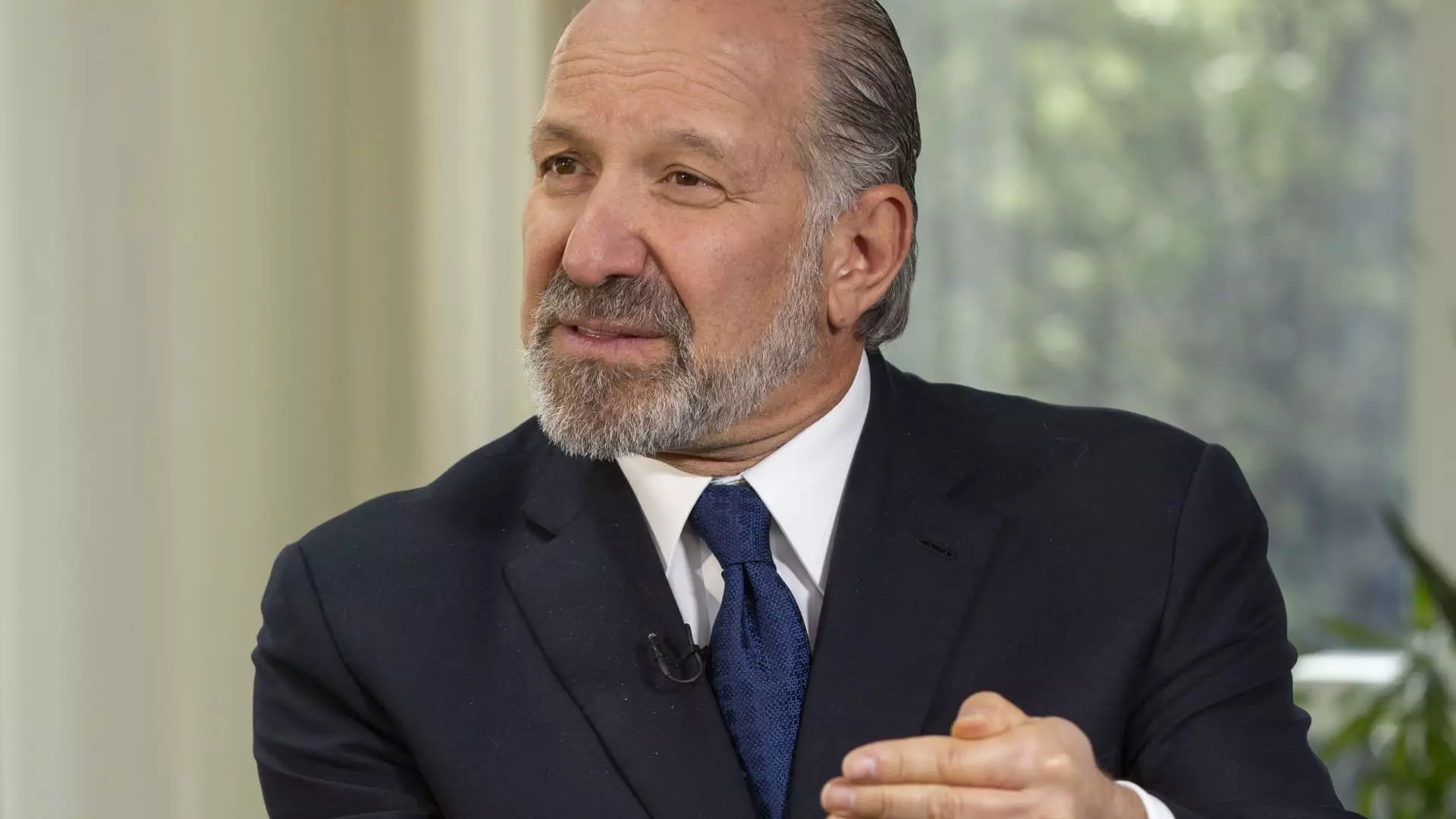The recent pronouncement by Commerce Secretary Howard Lutnick that August 1 marks a hard deadline for countries to begin paying tariffs on U.S. imports exposes the fragile state of global trade relations. While the administration asserts that “nothing stops countries from talking after August 1,” the tone suggests an underlying pressure to conform or face punitive tariffs. This duality is a calculated political message: diplomacy remains possible, but economic repercussions are imminent. Such a stance underscores how the U.S. is weaponizing its trade policy to exert leverage, yet simultaneously creating an aura of unpredictability. Countries caught in this limbo risk economic instability and strained diplomatic ties, revealing a reckless stance that favors coercion over constructive negotiation.
Impact on Smaller and Larger Economies Alike
Lutnick paints a picture where small nations—those in Latin America, the Caribbean, and Africa—face a baseline tariff of 10%. While this might seem like a concession or a form of fair policy, it ratchets up pressure on these countries already suffering economic vulnerabilities. Imposing or threatening tariffs of this magnitude could devastate emerging economies dependent on trade and aid. Conversely, larger economies are not safe from the fallout, as the U.S. government’s ambiguity leaves open the possibility that they might be compelled to pay “a fair tariff,” or face retaliatory tariffs themselves. This double-edged approach fosters an environment of uncertainty, discouraging long-term investment and cooperative economic development. The unpredictable tariffs serve more as a tool of intimidation rather than strategic leverage, risking chaos over stability.
Recklessness and Opportunism in Trade Negotiations
What is particularly concerning about the current stance is the administration’s apparent willingness to escalate tensions without clear strategic objectives. The issuance of letters to trading partners, hinting at tariffs reaching 40%, signals a shift toward economic brinksmanship. While the White House claims to uphold a policy of fairness, the aggressive tariff escalations undermine the very principles of free and fair trade, replacing them with protectionist tactics that threaten global economic interconnectedness. This approach not only jeopardizes diplomatic relations but also reveals a shortsighted focus on short-term power plays. Such reckless behavior disregards the long-term economic stability that a transparent, rule-based global trading system offers—one grounded in mutual respect and cooperation rather than coercive tariffs.
In this political environment, the gamble is clear: the U.S. risks isolating itself economically, while other nations grapple with the uncertainty of how to respond. A balanced approach rooted in dialogue and fairness could foster stronger international partnerships, but instead, the current strategy risks igniting a trade war with devastating consequences for everyone involved.

Leave a Reply